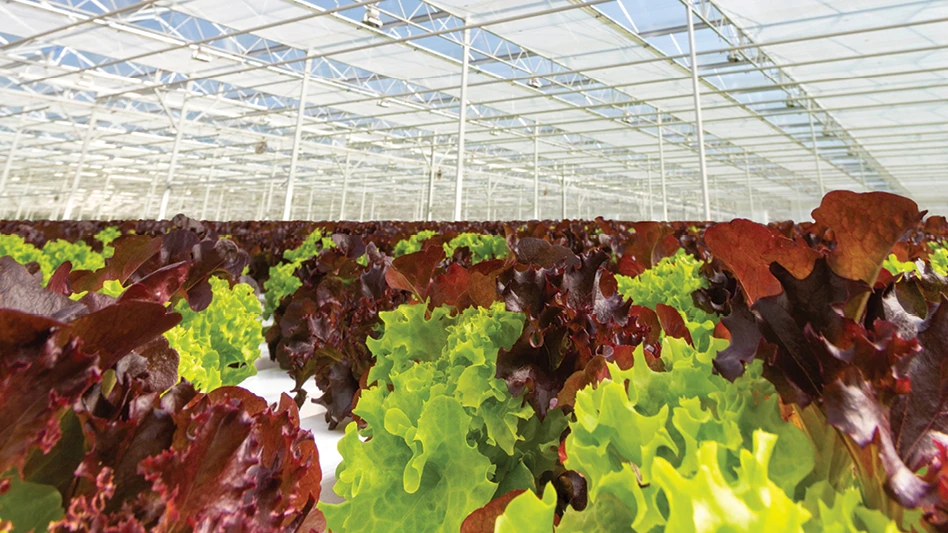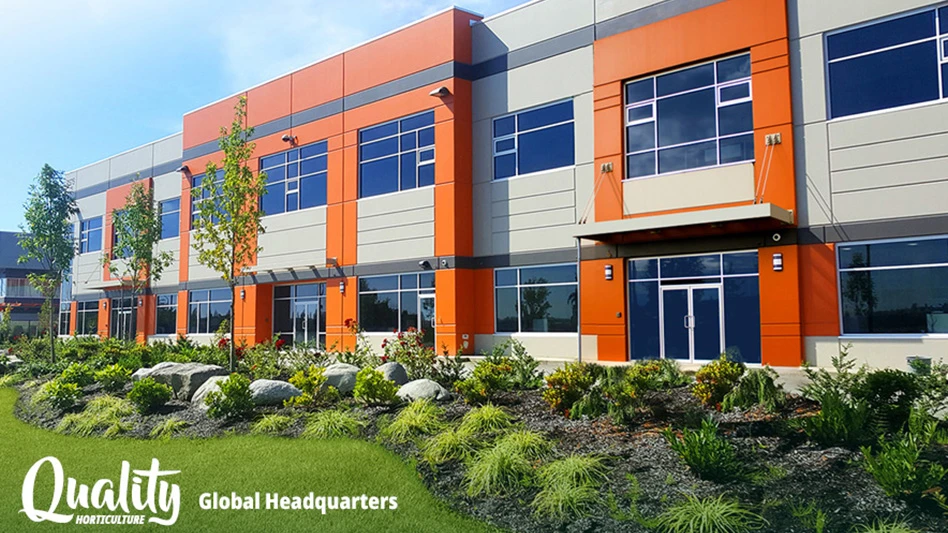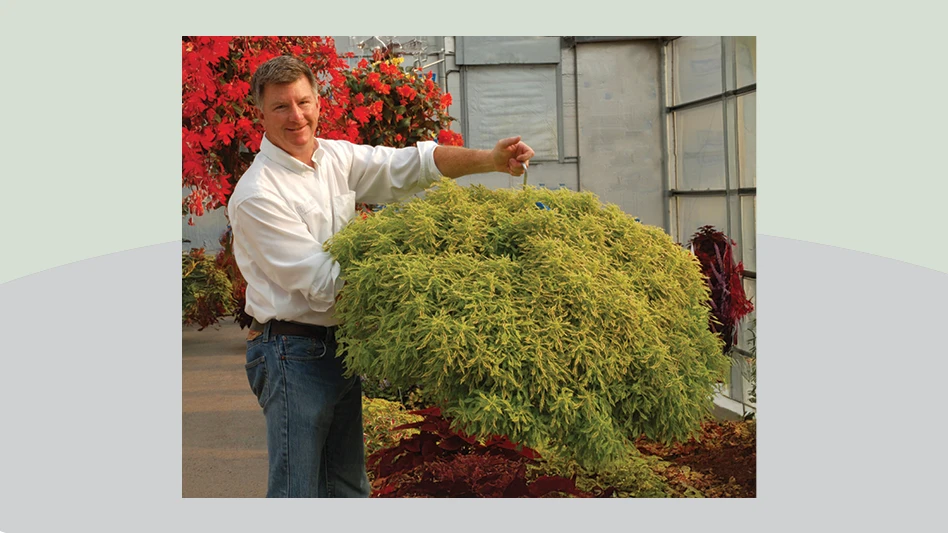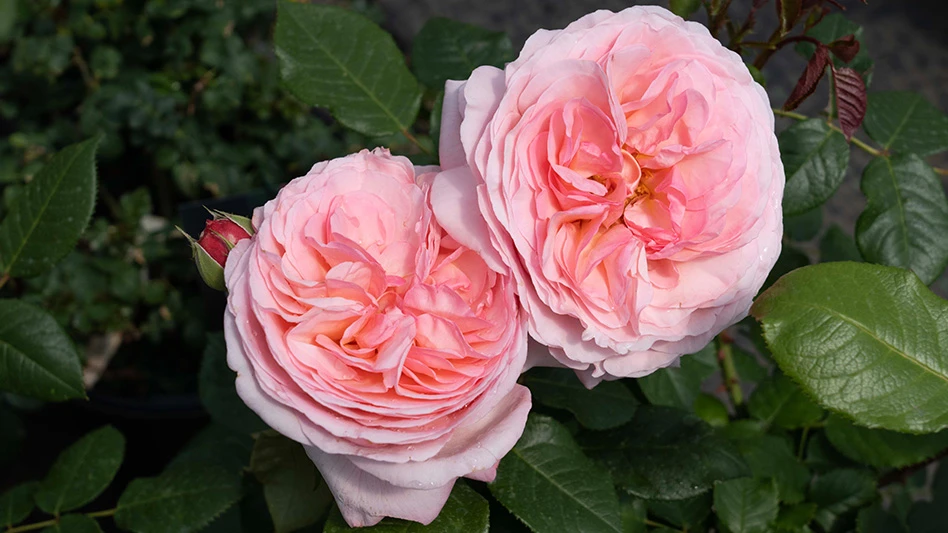

After working with the crop for more than a century, Benary is a leader in begonia production. Today, it has a large portfolio of begonias available to growers based on their specific needs.
Benary's portfolio includes the BIG® begonias series which are an interspecific type; the Nonstop® series of tuberous begonias; and various semperflorens, boliviensis, and hybrid types like our Funky® series, including the Super Olympia® series.
"The BIGs, the Nonstops, the other types — they all share similarities in terms of culture," says Scott Hanes, a technical service manager for Benary. "There are some key standouts of how they are different. But our whole line is designed to help growers."
Hanes says that when he is talking to growers and examining the overall market, one of the biggest problems growers face with all begonias from seed involves germination. A lot of times, he says, growers are not keeping the initial pellet saturated enough when it has been sowed. So when he works with growers on any of Benary's begonias, he emphasizes making sure there is enough moisture in the growing media.
"It has to have enough moisture to crack open that pellet fully," he says. "If you start that process, it can be inhibitive where the pellet turns into a cement-like substance. It has to be at a level five moisture content for the first five days." Water temperature needs to be kept around 64° F during that initial 10 days. After those 10 days have passed, Benary recommends lowering relative humidity into the 40-60% range.
As for Benary's genetics, Hanes says growers who work with Benary have the benefit of not just 100 years of experience, but also a wide line of genetics.
"Let's look at BIG vs. Nonstop for example," he says. "BIG is a more versatile product. Nonstop has that WOW factor with the wide double flower and the broad color range. Both are premium products for retail, but BIG also offers consumer-grower versatility. BIG begonias are day-length neutral genetics, while Nonstop require long days for flowers and require warm nights throughout production (about 65° F)."
Both options — and the entire Benary line — are strong options for growers, Hanes says. It’s just about finding the one that is right for each production scenario and sales target.
"If you take the time, work with us and grow the right one the right way, you'll be more successful," Hanes says. "We are an established brand; we have the best genetics and we can help growers grow the best begonias."

Explore the February 2022 Issue
Check out more from this issue and find your next story to read.
Latest from Greenhouse Management
- North Carolina Nursery & Landscape Association announces new executive vice president
- Plant Development Services, Inc. unveils plant varieties debuting in 2025
- Promo kit available to celebrate first National Wave Day on May 3
- Applications now open for American Floral Endowment graduate scholarships
- Endless Summer Hydrangeas celebrates 20 years with community plantings
- Invest in silver
- Garden Center magazine announces dates for 2025 Garden Center Conference & Expo
- USDA launches $2 billion in aid for floriculture growers





